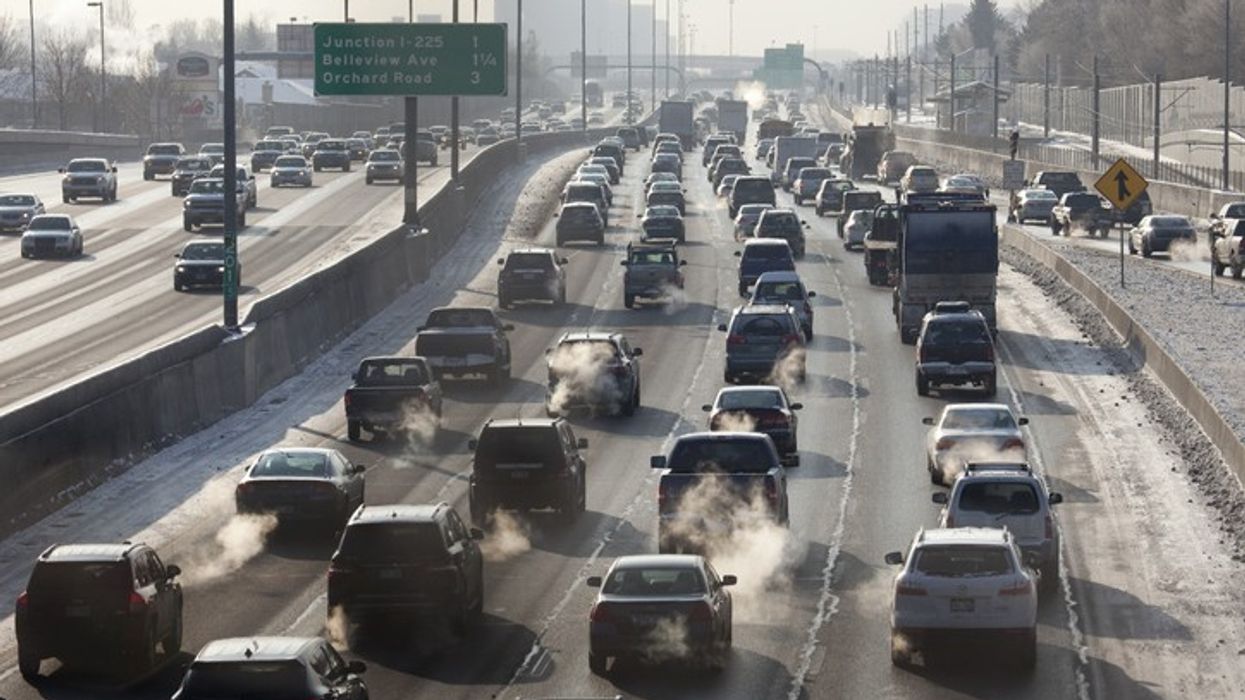According to a new study, exposure to diesel exhaust while stuck in traffic for just a couple of hours can have negative effects on brain function and cognitive abilities.
Previously, it was believed that the risk of memory issues from traffic pollution was linked to long-term exposure. However, this study conducted in Canada reveals that damage can occur within a mere two hours of exposure, The Daily Mail reports.
According to increasing research, dirty air from sources such as vehicle exhaust, factory emissions, and dust particles may harm our brains.
In fact, the connection between air pollution and lung disease and potentially heart disease has been documented by scientists for years, a report in Brain & Life informs.
Professor of neurology, Ted M. Dawson, MD, PhD, FAAN, at the Johns Hopkins University School of Medicine is reported to have said, “Most people think the brain is a protected area, but we know that it gets exposed to the environment through the gastrointestinal tract (eating) and olfactory system (smelling).”
Air pollution not only impairs neurological health but also reportedly elevates the risk of death from all types of causes.
The new study, published in Environmental Health, included exposing 25 individuals aged 19 to 49 to clean air and air contaminated with diesel exhaust in a laboratory setting, at different times for 120-minute periods. The researchers were from the University of British Columbia and the University of Victoria.
The new study
The subjects, during their exposure periods, engaged in light exercise on a stationary bike for 15 minutes to enhance inhalation.
Before and after each exposure, they underwent an MRI scan to observe brain activity changes.
The researchers found that compared to breathing filtered air, inhaling diesel exhaust reportedly reduced functional connectivity, which gauges communication and interaction between different parts of the brain.
'People may want to think twice the next time they’re stuck in traffic with the windows rolled down,' Dr Chris Carlsten, a senior study author reportedly said.
He adds, 'It’s important to ensure that your car’s air filter is in good working order, and if you’re walking or biking down a busy street, consider diverting to a less busy route.'
The researchers supposedly focused on alterations to the brain's default mode network (DMN), which is a group of brain regions that are more active during passive activities than during tasks requiring focused external attention.
Understanding DMN
The DMN, when damaged, affects various brain regions, including the medial prefrontal cortex, posterior cingulate cortex, inferior parietal lobe, lateral temporal cortex, and the hippocampal formation.
Apparently, the DMN is highly active when we are awake and not engaged in any mental activity like daydreaming, recalling memories etc.
The default mode network has numerous functions that could be impaired after prolonged exposure to traffic during a commute.
The DMN serves as a hub for self-reflection, showing activity during thoughts about personal identity, personality traits, and emotions. It is also involved in recollection of the past and is essential for retaining episodic memories, or specific accounts of events from our lives.
Dr Jodie Gawryluk, a psychologist at the University of Victoria and the study’s first author is quoted as saying, ‘We know that altered functional connectivity in the DMN has been associated with reduced cognitive performance and symptoms of depression, so it’s concerning to see traffic pollution interrupting these same networks.’
‘While more research is needed to fully understand the functional impacts of these changes, it’s possible that they may impair people’s thinking or ability to work.’
The study results offer some hope in that the neurological effects of exhaust exposure are temporary.
However, researchers fear that daily exposure to traffic during commutes over a long period of time will significantly increase the health risks.
The study states, ‘It is hypothesised that chronic exposure is effectively a series of short-term exposures (only one of which our participants were exposed to) that ultimately leads to accumulated deficits through a stress on allostatic load… but whether or not this applies to pollution in the neurocognitive realm, while hypothesised, requires further study.’
The idea that exposure to diesel exhaust can harm the brain is not new. In 2008, Dutch researchers reportedly monitored 10 volunteers who underwent exposure to diesel-polluted air in a laboratory setting, with diesel fumes like those on a busy city street.
During the 30-minute exposure, participants were hooked up to an electroencephalograph (EEG). During the exposure, the researchers observed that the participants' brains showed a stress response, reflecting alterations in information processing in the cortex, which reportedly persisted to increase even after they were removed from the fumes.












